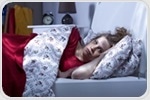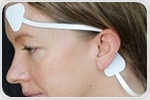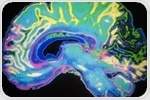| Sleep Disorder - Poor sleep in women linked to raised risk of heart disease |
|
|
|
|
| |

|
|
| |
The latest sleep disorder news from News Medical |
|
|
|
|
|
 | | |  Irregular sleep patterns could be adversely affecting the cardiovascular health of an individual. Irregular sleep patterns could be adversely affecting the cardiovascular health of an individual. | | | | |  Shift workers are at a significantly increased risk for sleep disorders and metabolic syndrome. Shift workers are at a significantly increased risk for sleep disorders and metabolic syndrome. | | | | |  A new deep learning model developed by researchers at the University of Eastern Finland can identify sleep stages as accurately as an experienced physician. A new deep learning model developed by researchers at the University of Eastern Finland can identify sleep stages as accurately as an experienced physician. | | | | |  An important biological mechanism that is thought to protect brain cells from neurodegenerative diseases such as Alzheimer's and Parkinson's may also be involved in regulating sleep. An important biological mechanism that is thought to protect brain cells from neurodegenerative diseases such as Alzheimer's and Parkinson's may also be involved in regulating sleep. | |
|
|
|
|
|